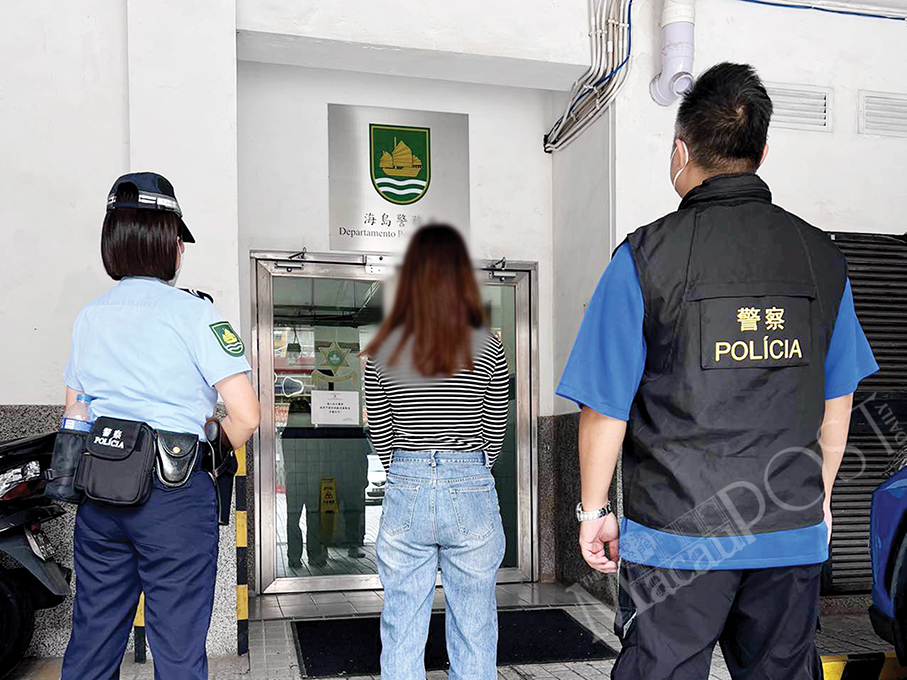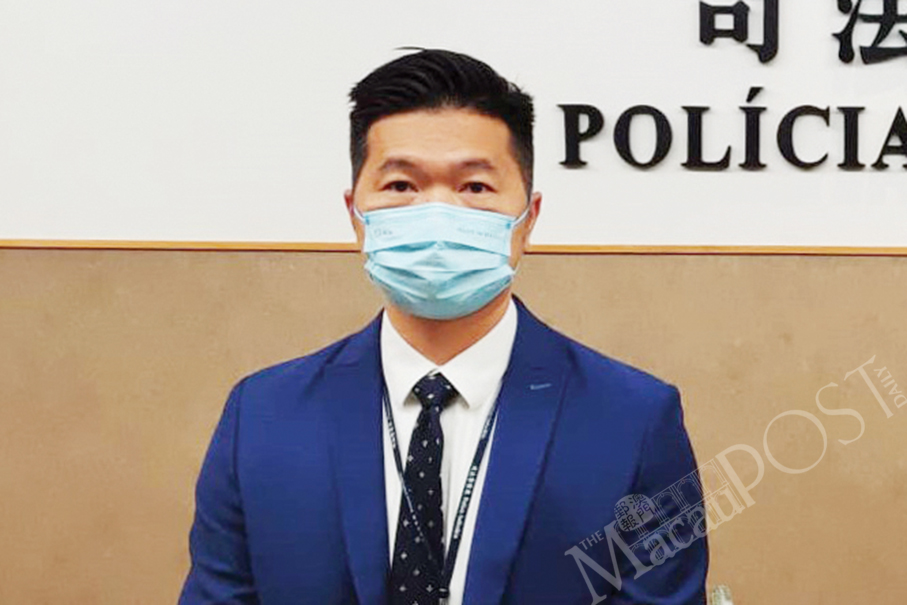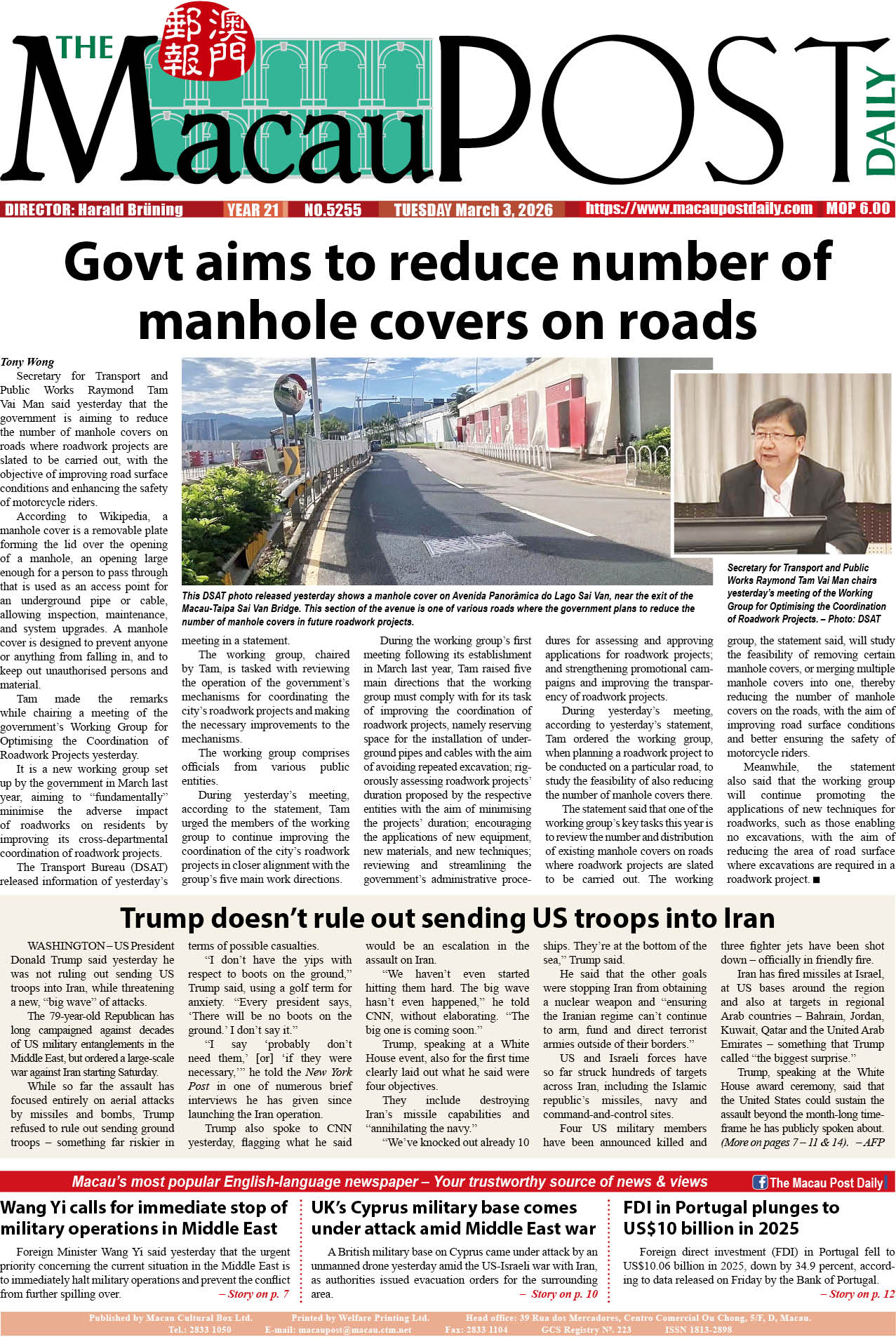All in all, the eight-day Chinese New Year (CNY) holiday, i.e., the mainland’s Spring Festival’s “Golden Week”, was a resounding success for Macau’s tourism industry, the special administrative region’s number-one money spinner.
However, in terms of public transport and both vehicular and pedestrian traffic it was, once again, a challenge – to put it mildly.
This time I stayed in Macau during the whole CNY, which gave me the invaluable chance to observe and experience the holiday period locally first hand.
Our editorial office and my home, both on the peninsula, are located in areas close to popular tourist spots. As a long-time resident, I knew, of course, how to avoid the throngs and stay clear of the crowd control measures which, I must say, were well handled by the police. Kudos to them!
According to preliminary statistics, Macau recorded 1.35 million visitor arrivals between February 10-17, averaging nearly 170,000 per day. The total arrival figure, which nearly reached the one of the comparable period in pre-pandemic 2019, is tangible proof that our tourism sector has been able to leave the three-year COVID-19 mire (2020-22) and last year’s gradual convalescence behind much faster than many analysts had predicted.
In the Year of the (Chinese) Dragon, Macau’s “dragon-head” industry, i.e., its top earner, is forecast by some of my – admittedly rather optimistic – friends in the tourism sector to generate close to the record 39.4 million visitor arrivals of 2019.
Helena de Senna Fernandes, the indefatigable director of the Macau Government Tourism Office (MGTO), said early this month she hoped that Macau will welcome 33 million visitor arrivals this year. She had also conservatively forecast a daily average of 120,000 visitor arrivals during the CNY Golden Week. Well, caution is the mother of wisdom.
Alas, the festive period was once again beset with our city’s long-festering passenger transport and vehicular and pedestrian traffic woes – let’s call it the “Double T” challenge that many crowded tourist destinations face. For instance, I do recall from my visits to London and Bangkok perilously crammed-full Tube rides and colossal traffic jams, respectively.
The crux of the problem is that Macau (still) doesn’t have a fully-fledged mass transport system – the light rail transit (LRT) system still being in its infancy. I wonder whether the LRT will ever be able to meet the transport means of locals and visitors alike, even after the completion of its current construction phase at the end of the decade. For the time being, many of its passengers, kids especially, appear to mistake the LRT for a theme park-like fun ride.
A Hong Kong media colleague and fellow foodie of mine, who often visits Macau because he dotes on its varied cuisine, says that local taxis, even those just a short distance from a tourist spot, are “as rare as an endangered species”, while he likens our frequently overcrowded buses to “sardine cans on wheels”. Incidentally, Portuguese sardines are among his favourite go-to meals.
As it may be, I had the impression during last week’s travel peak that most tourists enjoyed their sojourn here – notwithstanding the need of subjecting themselves to crowd control measures, enduring long queues at taxi ranks and having to squeeze themselves into jam-packed buses. Obviously, I overheard quite a few of them complaining about Macau’s transport and traffic snags – but overall, the predicament didn’t seem to spoil their fun too much. But with a more efficient transport and traffic system they would undoubtedly have been even happier than they appeared to be. The provision of happiness must always be the tourism industry’s ultimate aim. What tourists want is a happy stay that offers value for money – which inevitably includes transport and traffic.
I am always very happy seeing tourists getting a kick out of their stay here. After all, they are our main lifeline. Without them, Macau people – including my-humble-self – wouldn’t be able to enjoy our relatively high standard of living.
That’s why I am appalled by some locals’ pejorative remarks about “too many” tourists “invading” our city, with special focus on those from the mainland. Don’t those nigglers understand that they are biting the hand that feeds them? As one would expect, there are always some tourists in Macau that do misbehave – like some from Macau visiting Bangkok, for instance, misconducting themselves, as I have sadly witnessed a few times in the City of Angles. Of course, decency should always be reciprocal between locals and tourists, anytime anywhere. Besides, the government must ensure to strike the right balance between the interests, needs and wishes of locals and tourists. In ultimate analysis, that will always be a difficult balancing act. But we should never forget that Macau depends on tourists, not the other way round.
I have increasingly heard from tourists over the past few months – including potential visitors from Hong Kong and Bangkok – that Macau is a “rather expensive” destination. That’s something I am worried about. It is easier than one might think for an aspiring world centre of tourism and leisure as Macau to price itself out of the market, considering that the number of new or revamped tourist destinations in Asia, including in the Chinese mainland, is rising exponentially. According to a recent report by the Beijing-based China Tourism Academy (CTA), Chinese tourists are expected to make more than six billion domestic trips this year – and Macau certainly isn’t China’s only “unique” tourist destination.*
That’s why our government, tourism industry and civil society should periodically reflect each and together on the situation of our crucially important leisure and travel sector – its perceived shortcomings, such as the “Double T” woes, and envisioned potentials, such as in the area of non-gaming attractions and proper venues for large-scale sport and entertainment events. The theatrics over last month’s K-Pop gig at Macau Stadium in Taipa springs to mind.
Some 2 ½ millennia ago, Confucius said: “By three methods we may learn wisdom: First by reflection, which is noblest; Second, by imitation, which is easiest; and third by experience, which is bitterest.”**
I concur. Success starts with reflection – and sustainable success needs continuous reflection.
Well, in this context, I would like to wish all our readers, subscribers, advertisers and distributors a happy, healthy and prosperous Year of the (Chinese) Dragon.
Our newspaper published last week an eye-opening feature article by Xinhua*** about the fundamental difference between China’s auspicious dragon (transliterated as “Long” in Pinyin and, informally, “Loong” in English) and the West’s terrifying dragon. Therefore, some scientists have proposed to use the name “Loong” in English when referring to the Chinese dragon. Others have suggested to use the explanatory two-word “Chinese dragon” instead of the single-word “dragon”. I find both suggestions practical.
Last but not least, I also would like to wish everyone a happy birthday, following Saturday’s “Renri” (“People’s Day”), known as “Yanyat” in Cantonese, the seventh day of the Chinese Lunar Year. Legend has it that eons ago humanity was “born” on that day.****
Symbolically, it is an important day, considering that without the birth of humanity, Mother Earth would have to do without consciousness.
And let’s all enjoy this Saturday’s Lantern Festival, the last day of the 15-day CNY period.
– Harald Brüning
*https://www.macaupostdaily.com/article20631.html
**https://www.brainyquote.com/quotes/confucius_131984
***https://www.macaupostdaily.com/article20629.html
****https://www.macaupostdaily.com/article20648.html








